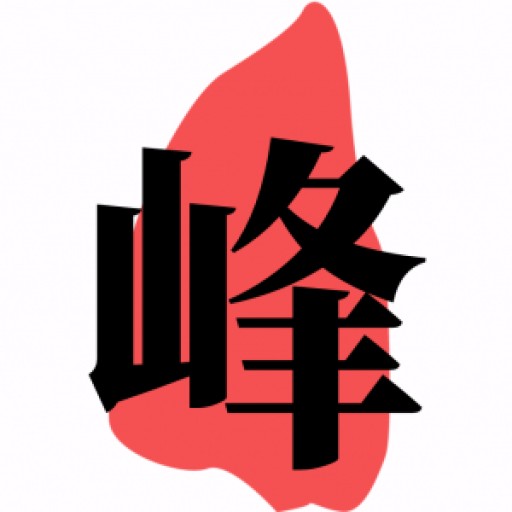今日再深入探讨一种特殊的句式结构:使用“to be of + 名词”的形式。
这种句式结构根据名词的不同,有着两种不同的应用情况。
情况一:当名词表示功能、作用、性质时,其结构为“be + 表示功能、作用、性质的名词 = be + 与该名词同源的形容词”。
例如,名词如use、help、value、service、interest、benefit等。
例如句型:
They are极具帮助性的对学生们。可不翻译为英文They are of great help to students. 而直接理解为“他们对学生有很大的帮助。”
再如,照片对我家人来说很珍贵。这句话在英语中表达为The photo will具有价值对我家人。可直接理解成“对我的家人来说,这张照片很珍贵。”
一般情况下,名词前可用great、little、much、a lot of、no等词来修饰,以表达程度。例如,of no use等同于useless;of great importance等同于very important;of a lot of interest等同于interesting。
举两个实例加深理解:
不要忘记任何可能重要的东西。这句话用该句式表达为Don't forget anything that may be of importance。
新的发明将惠及所有相关的人。这句话的表达为The new invention will be of benefit to everyone involved。
情况二:当名词表示人或物体的年龄、身材、颜色、形状、尺寸、种类、数量、度量时,常用结构为“be of + 表示人或物体特性的名词”。
如:age、shape、size、type、kind、price、depth、height等名词。这些名词通常难以用一个特定的形容词来描述,因此使用of+名词的形式具有形容词功能。
例如句型:
他们正好同岁。可直接表达为They are just of an age。
女孩和我年龄相仿。这句话的表达为The girl is of my age。
他们同岁。表达方式为They are of the same age。
两张桌子尺寸相同。表达为The two tables are of a size。
我们的产品是不同种类和大小的。这句话的表达为Our products are of different type and size。

